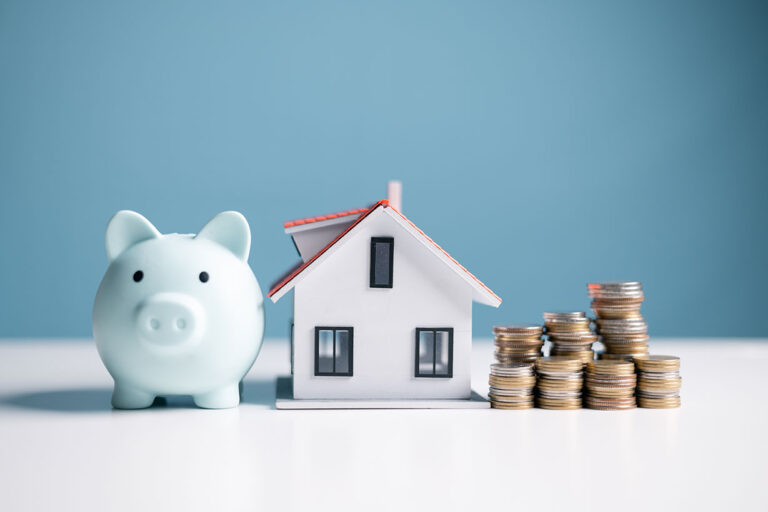In the past decade, Malta has begun to attract a lot of retirees from across Europe and North America. Why? Affordability, great healthcare, and a stunning climate are certainly major factors.
If you are reading this, you are probably interested in retiring here. And that means you probably have a lot of questions.
Where should you move? How much will things cost? And just how exactly do you keep everything legal with your visa?
We answer all these questions and more below.
Visa and Residency Options
If you’re from the EU, EEA, or Switzerland, settling in Malta is refreshingly simple. After three months of living in the country, you’ll register for Ordinary Residency by proving you’re economically self-sufficient—meaning you have around €14,000 in capital or a weekly income of €92 for an individual (or €23,300 capital/€109 weekly for couples)—and comprehensive health insurance coverage. Once registered with Identity Malta, you’ll receive an e-Residence card, renewable annually.
Non-EU CitizensFor non-EU retirees, there are two main pathways: the Malta Retirement Programme (MRP) and the Malta Permanent Residence Programme (MPRP). Let’s look at both in a bit more detail.
Malta Retirement Programme (MRP)
This is tailored for retirees over 55, and the main requirement is that 75% of your income is pension-based.
You’ll need an annual income of at least €24,000, comprehensive private health insurance, and either a purchased property (€275,000 minimum in Malta or €220,000 in Gozo/south Malta) or rental (€9,600/year in Malta or €8,750 in Gozo/south Malta).
You’ll also need to spend at least 90 days a year in Malta and avoid residing more than 183 days elsewhere to maintain your residency status under the MRP.
Your pension income remitted here will be taxed—but it’s at a friendly 15%, with a minimum annual tax of €7,500.
Malta Permanent Residence Programme (MPRP)
Designed for retirees willing to make a substantial investment for a very streamlined process, the MPRP grants you permanent residency through qualifying investments.
You’ll need at least €500,000 in assets, purchase a house (that costs €375,000 minimum) or rent property (with a lease worth at least €14,000 a year), pay administrative fees (€50,000), make certain financial contributions (€30,000-€60,000), and a small charitable donation.
It’s a lot of money, but it’s flexible, with no mandatory residence requirement. Plus, it gives you indefinite residency status.
Learn more about the Golden Visa option with Malta.
Cost of Living for Retirees
Malta offers great affordability compared to many Western countries, particularly attractive to retirees managing pension incomes. You can learn all about how the numbers break down here. [link to Cost of Living blog]
Here, we’ll just go over a couple major cost concerns:
- Malta’s healthcare ranks among Europe’s best. EU retirees transferring coverage via an S1 form get nearly free public healthcare. Non-EU retirees require private insurance, typically €100–€200 monthly, depending on coverage and age.Healthcare services themselves remain highly affordable: GP visits (€10–€15), specialist consultations (€50–€60), and even major diagnostics like MRIs cost significantly less than in the US.
- Housing and everyday expenses vary considerably by location. Popular expat spots like Sliema or St. Julian’s run around €1,200–€1,600 a month for a comfortable two-bedroom apartment. Quieter areas or Gozo island offer rents closer to €700–€1,000.Utilities average €100–€150 monthly, groceries remain affordable, and Malta offers excellent value dining out.
A retired couple can comfortably live in Malta on €1,500–€2,200 a month, and that includes rent, healthcare, groceries, transport, and even entertainment.
For retirees who’d like to save on taxes in their golden years, Malta’s Retirement Programme (MRP) is the chance to get a flat 15% tax rate on pension income remitted to Malta. For more on taxes check out this resource.
Finding the Right Expat Retiree Communities
With nearly 20% of its residents from overseas, Malta is a bit of an expat oasis. But finding which community to join is worth some consideration.
- Sliema and St. Julian’s are bustling waterfront towns with cosmopolitan appeal. You’ll get excellent shopping, dining, healthcare facilities, and plenty of expat social clubs and events. It’s a bit pricy and not very quiet.
- Paul’s Bay, Qawra, and Buġibba are popular among British retirees. That’s probably because these northern towns have a relaxed coastal vibe at slightly lower costs. This is the choice if you’re dreaming of leisurely strolls to local pubs and seaside views.
- Gozo is Malta’s tranquil sister island. It appeals to retirees wanting a slower, more traditional lifestyle. Community life is intimate, warm, and welcoming. Housing costs have stayed lower, too.
When you are integrating into these communities, you’ll find that English is widely spoken throughout Malta. That makes all your daily interactions much, much easier. And Maltese locals are famously hospitable, so you should find your social life is very easy.
Getting the Climate Right
Malta boasts a Mediterranean climate with over 300 sunny days annually, and that alone proves to be a major draw for retirees.
Summers are hot, sunny, and dry, summers typically see temperatures between 30–34°C (86–93°F). Humidity can feel intense, especially along the coast, but the sea breeze helps moderate the heat. Swimming conditions are perfect from May through October, with sea temperatures reaching a pleasant 27°C (80°F) in peak summer.
Winters prove to be pretty mild and short. Average daytime highs hover around 15–18°C (59–64°F). This is when you’ll get the most rainfall with brief but heavy showers. Despite mild outdoor temperatures, Maltese homes may feel cooler indoors because they typically lack central heating. You’ll need portable heaters and dehumidifiers to help manage comfort.
Spring and Autumn have the most comfortable temperatures at 20–25°C (68–77°F), ideal for outdoor activities, sightseeing, and leisurely coastal walks. Rain is minimal, and evenings are pleasantly cool.
Planning to Retire in Malta? Merħba!
Retiring in Malta is a wonderful move. It brings so many benefits to such a relaxing and fulfilling time in your life.
If you still have questions or would like help making this transition as stress-free as possible, contact us for a free call with our team.



